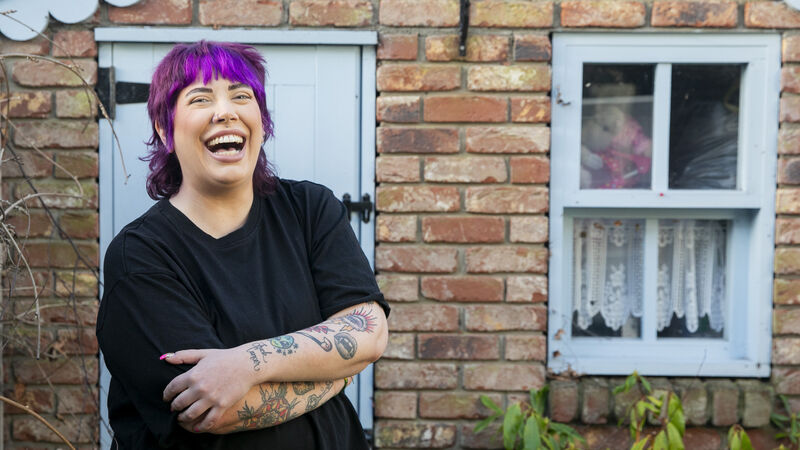From scars to art: Stories of cancer recovery told through tattoos

Katherine (Katz) Hanlon with a Tattoo that says "Fuck Cancer' at her home in Sutton, Dublin.
Try from €1.50 / week
SUBSCRIBE
Katherine (Katz) Hanlon with a Tattoo that says "Fuck Cancer' at her home in Sutton, Dublin.
Inked skin has become commonplace and proudly sported by celebrities and professionals alike.
A new study from Dublin City University (DCU) focuses on a subset of people for whom tattoos are more than just skin deep. It looks at the trend for cancer survivors to get therapeutic tattoos.
Already a subscriber? Sign in
You have reached your article limit.
Annual €130 €80
Best value
Monthly €12€6 / month
Introductory offers for new customers. Annual billed once for first year. Renews at €130. Monthly initial discount (first 3 months) billed monthly, then €12 a month. Ts&Cs apply.
CONNECT WITH US TODAY
Be the first to know the latest news and updates
Newsletter
The best food, health, entertainment and lifestyle content from the Irish Examiner, direct to your inbox.
Newsletter
The best food, health, entertainment and lifestyle content from the Irish Examiner, direct to your inbox.

Our team of experts are on hand to offer advice and answer your questions here
© Examiner Echo Group Limited